Does a Sleep Headband Really Improve Sleep? A Look at the Science
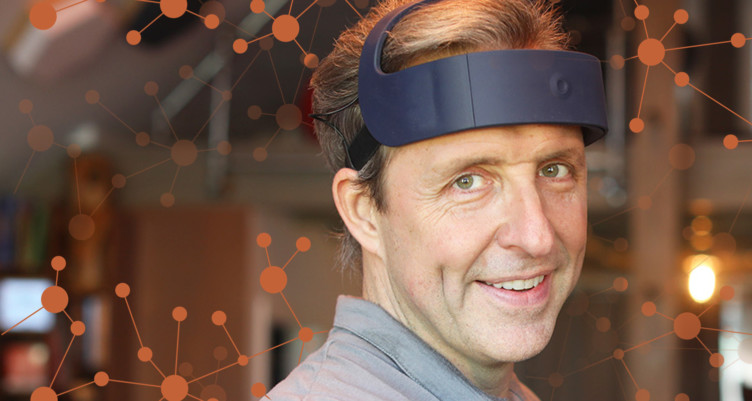
- Upgrading your sleep remains one of the most powerful ways to transform your life.
- It’s not about the number of hours you clock in your bed each night — it’s the quality of your sleep that counts.
- To deepen the rest that you’re already getting, you can try a sleep headband, a relatively new wearable device that deepens the sleep you’re already getting.
- It has built-in sensors that track and react to your sleep patterns. When the sensors detect your deepest stage of sleep — known as slow wave — the headband plays soft audio tones to increase your brain’s production of slow brain waves.
- Deep, or slow wave sleep, is the most restorative stage of non-REM sleep.
- Slow wave sleep helps your brain recover, improves memory, and boosts the immune system.
- Since slow waves are so good for the brain, scientists have experimented with ways to create more of them during sleep.
- Audio tones increase the amplitude and number of slow waves more than other techniques.
You probably know the feeling — you manage to sleep 7 or 8 hours a night, yet you still wake up groggy and cranky. What gives?
I’ve been saying for years that it’s not about the number of hours you clock in your bed each night — the standard 8-hour recommendation is a myth. It’s the quality of your sleep that counts (science backs up this claim).
So how do you deepen the rest that you’re already getting? The first step — try sleep hacks like blackout blinds and lowering the temperature in the room (learn more here about all the ways to hack your sleep). Then, if you want to experiment further, you can try the high-tech wearable sleep devices on the market. The gold standard are sleep headbands, and they’re gaining steam for their ability to improve sleep and help you wake up feeling refreshed and ready to take on the day.
You spend the same amount of time asleep, but those hours are going to count for a lot more. I tried one of the earlier sleep headbands and it changed my life. So should you wear one? Here’s what you need to know.
What is a sleep headband?
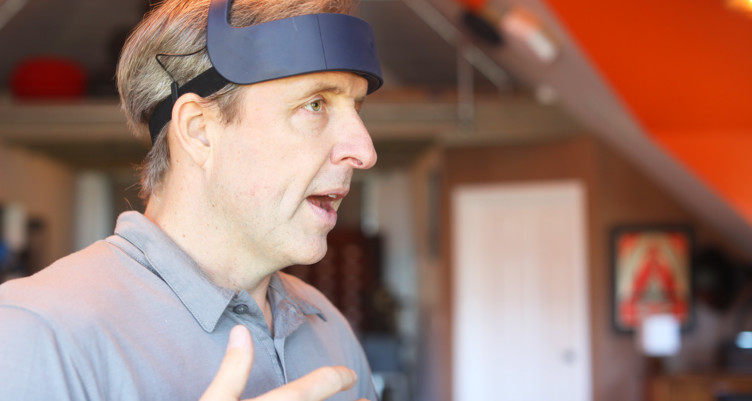
A sleep headband is a wearable device that looks a bit like a helmet, but in soft fabric. It has built-in sensors that track and react to your sleep patterns. When the sensors detect your deepest stage of sleep — known as slow wave — the headband plays soft audio tones to increase your brain’s production of slow brain waves. More slow waves equals deeper sleep (more on that below).
There aren’t many on the market just yet. Philips’ SmartSleep, Dreem, and Sleep Shepherd are leading the pack. An earlier incarnation of sleep headbands is the now defunct Zeo — a wearable headband that monitored your sleep, and sent you morning reports via a phone app telling you what was affecting your sleep and how you could improve it. I used Zeo and it was a revelation. I now have Dreem — it definitely works and you get great data.
How does a sleep headband work?
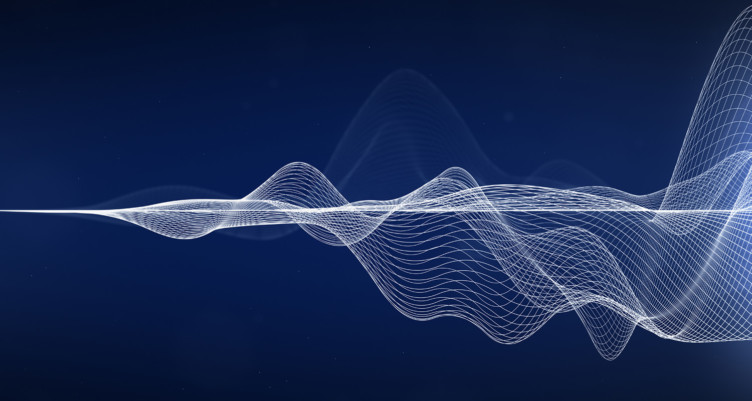
A sleep headband is designed to make your deepest stage of sleep even deeper. How? By playing sounds to increase the amplitude and number of your slow brain waves. Brain waves are simply the electrical signals your brain cells send to communicate with each other. Your brain produces brain waves at different frequencies, depending on where you are in your sleep cycle.
What is slow wave sleep?
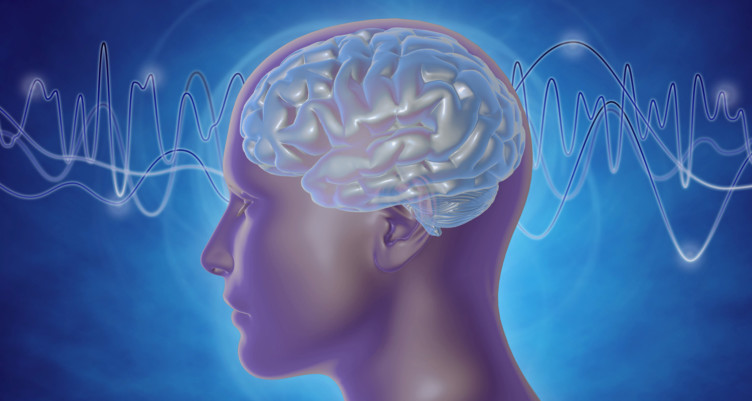
To understand what slow brain waves mean, here’s a quick primer on the different sleep stages: When you’re sleeping, you cycle through two types of sleep each night — rapid eye movement (REM) sleep and non-REM (NREM) sleep. Deep, or slow wave sleep, is the most restorative stage of non-REM sleep. It’s when your breathing and heart rate drop to their lowest levels and your brain waves slow down and get wider (as measured by a test called an electroencephalogram, or EEG).
These slow waves are known as delta waves, and your brain produces them at a frequency of one to four hertz. To put that into context, gamma, the fastest brain waves, have an average frequency of 40 hertz.
RELATED: Want Improved Focus and Better Sleep? Try Binaural Beats (Playlist Inside)
The benefits of slow wave sleep
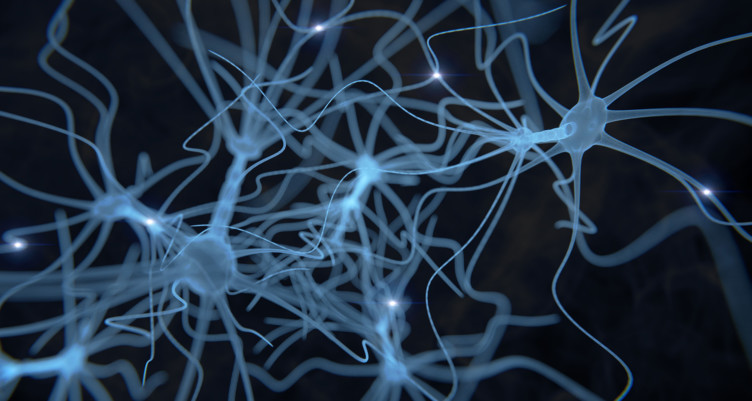
Studies show that slow wave sleep helps the brain recover from all it learned during the day.[1][2] It strengthens memory and helps with memory consolidation — when the brain turns short-term memories into long-term ones.[3][4] Slow wave sleep also reduces cortisol (aka the stress hormone) and releases hormones like prolactin and growth hormone that together support the adaptive immune system. The adaptive immune system is the one that fights infection more efficiently because it “remembers” the pathogen (think vaccines).[5]
Since slow waves are so good for the brain, scientists have experimented with ways to create more of them during sleep, including rocking and stimulating the sense of smell, with mixed results.[6][7]
In one study, transcranial magnetic stimulation (TMS) — when magnetic fields stimulate parts of the brain — triggered the release of slow waves that spread to the rest of the brain.[8] But TMS can be expensive and difficult to operate.
Audio tones and slow waves
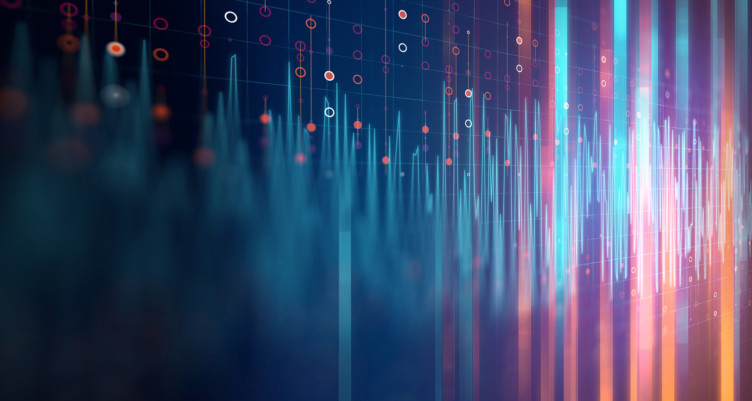
In a 2010 study, researchers experimented with sound, and found that short auditory tones — 50 milliseconds each played at a rate that mimicked the natural changes in brain neurons during sleep — increased slow waves by nearly 50% during non-REM sleep.[9] Other studies found similar results.[10][11]
Companies like Dreem and Philipps say they based their designs on studies like these.
RELATED: Why Blue Light Is Messing With Your Sleep — And What to Do About It
Benefits of a sleep headband
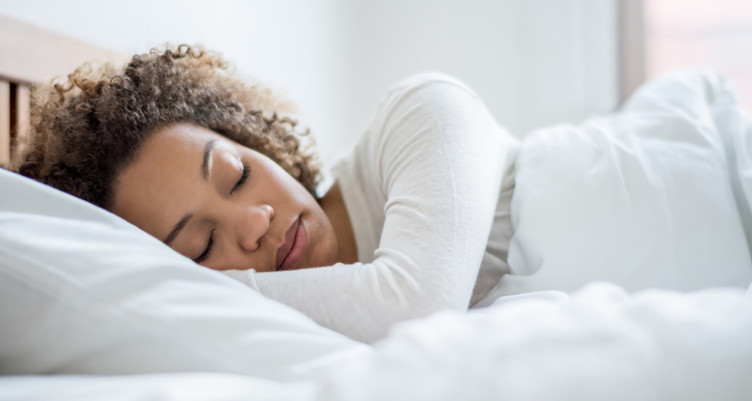
Fall asleep faster: Sleep headbands like Dreem include guided breathing exercises to help you drift off to sleep. Guided meditations do work, both to relax you and to help you focus. Learn more about deep breathing here.
Sleep deeper: Audio tones increase brain slow waves, deepening your sleep. That means you spend the same amount of time in bed, but wake up feeling more refreshed.
No disruption to routine: You don’t need to make any lifestyle or behavioral changes for a sleep headband to work (although try implement other sleep hacks to maximize results). Just put the headband on and get sleeping.
Sleep data: Sleep headbands come with apps that track your sleep and progress, and send you data and tips for improving your sleep. This includes the time you fell asleep, time it took to fall asleep, how long you slept, and the amount of times you woke up during the night.
RELATED: Here’s Why Your Friends Are Sleeping With Weighted Blankets
Drawbacks
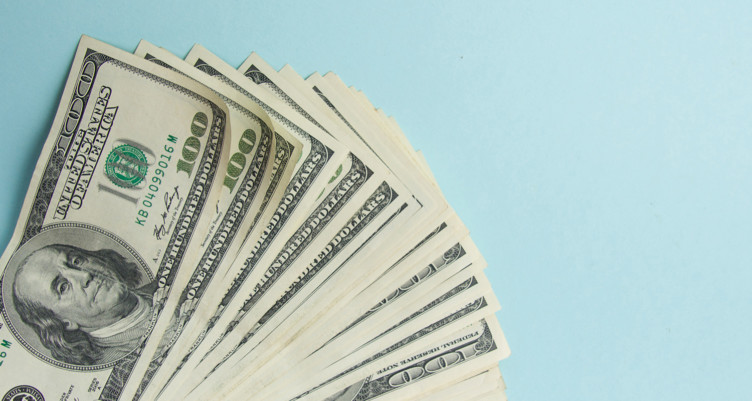
Sleep headbands don’t come cheap. The SmartSleep from Philips, for instance, will set you back $399, while Dreem is a cool $499 — that’s a lot of money to lay down for something that’s pretty new to the market. Some, like Dreem, do offer a trial period, so you can try it out first to see if it works for you.
Another issue is comfort. Sleep headbands may be made out of soft materials, but they’re bulky. Depending on your favored sleep position, things could get uncomfortable.
If you’d rather dip your toe into the world of sleep devices before committing to a pricey headband, check out these four best sleep tracker apps and wearables. Upgrading your sleep is worth the effort, and remains one of the most powerful ways to take your performance to the next level, in every area of your life.
Sign up for early access to sales, product launches, the latest Bulletproof news and more!



